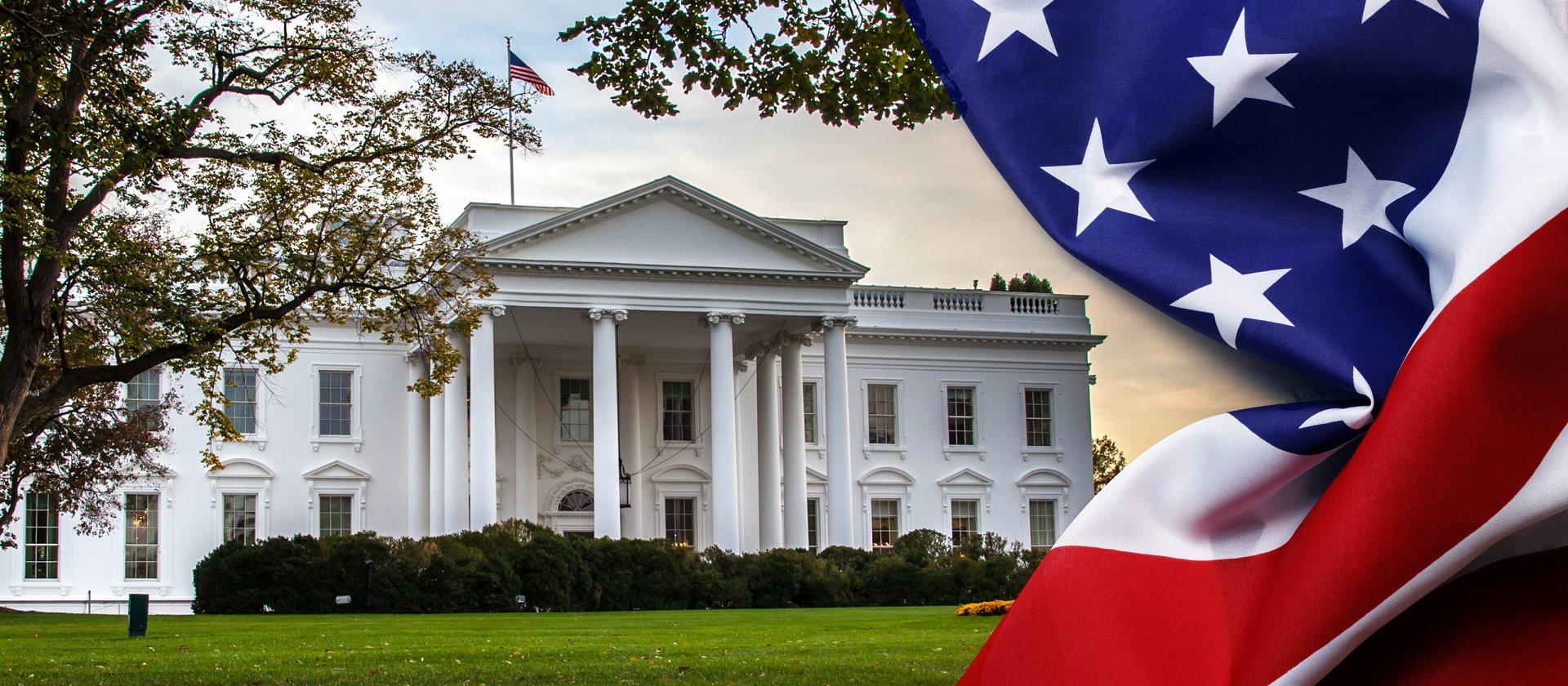This election cycle has been described as one of the most critical—and chaotic—in US history. With an incumbent president stepping down, a candidate facing criminal charges, and assassination attempts, we look back at the key moments that have shaped a political battle for the future of American democracy amid global unrest.
1. The Challengers
Florida Governor Ron DeSantis was initially seen as the strongest contender against Donald Trump for the Republican nomination. However, his campaign faltered in January despite backing from media mogul Rupert Murdoch, leading to his endorsement of Trump. Former South Carolina Governor Nikki Haley emerged as the anti-Trump candidate, questioning Trump’s loyalty to the Constitution and ultimately stepping aside on Super Tuesday, leaving Trump as the last major candidate.
2. The President
Typically, incumbent presidents have an advantage in re-election bids, but Joe Biden’s age and frequent verbal gaffes raised concerns about his fitness to campaign against Trump. Nevertheless, Biden faced little opposition in the Democratic primaries and secured his party’s nomination, vowing to be the best candidate to defeat Trump again.
3. The Trial
On May 30, a jury found Trump guilty of falsifying business records related to hush-money payments to Stormy Daniels, marking him as the first ex-president to be convicted of a crime. Trump’s legal troubles include numerous charges, notably racketeering in Georgia. He continues to employ tactics to delay proceedings, while other cases against him remain unresolved.
4. The Debate
Biden’s performance in the first presidential debate on June 27 was widely criticized as one of the worst in history. His stumbles and unclear statements led to panic among Democratic leaders, with calls for Biden to consider stepping down in favor of a younger candidate.
5. The Immunity Ruling
On July 1, the Supreme Court ruled that Trump has partial immunity from criminal prosecution related to actions taken while in office. This decision diminished the chances of a criminal trial for Trump regarding his efforts to overturn the 2020 election before the upcoming election in November 2024.
6. The Shooting
On July 13, Trump was shot and injured during a rally in Pennsylvania. The incident led to chaos, with the shooter killed by security. Just weeks later, a second assassination attempt was foiled at Trump’s golf club, providing him with a rallying cry for his campaign.
7. The Withdrawal
Biden announced on July 21 that he would not seek re-election, following mounting pressure from lawmakers and donors concerned about his viability against Trump. Prominent figures like George Clooney and Nancy Pelosi played crucial roles in influencing Biden’s decision.
8. The Coronation
Kamala Harris accepted the Democratic presidential nomination on August 23, making history as the first Black woman to lead a major party ticket. Her candidacy energized supporters and significantly boosted fundraising efforts.
9. The Wildcard
Robert F. Kennedy Jr. dropped out of the race after facing controversies, including a scandal involving a bear carcass. He later considered endorsing both Harris and Trump, illustrating the unpredictable nature of the campaign.
10. The Running Mates
JD Vance accepted Trump’s offer to be his vice-presidential nominee, despite having previously criticized him. Harris chose Minnesota Governor Tim Walz, who garnered attention for his effective critiques of Republican policies.
11. The Billionaire
Elon Musk emerged as a key supporter of Trump, actively engaging in campaign efforts and making headlines with his controversial decisions, including an “illegal lottery” for voters in Pennsylvania.
12. The Debate 2.0
In their first debate on September 11, Harris outperformed Trump, gaining a slight edge in polling. However, Trump’s inflammatory remarks about immigrants overshadowed the debate and became central to his campaign messaging.
13. The Celebs
Harris received significant endorsements from major celebrities, including Taylor Swift, who encouraged her fans to vote. In contrast, Trump’s support came from figures like Hulk Hogan and Kid Rock, highlighting the divide in celebrity backing.
14. The Rally
Trump held a rally at Madison Square Garden marked by inflammatory rhetoric and racist comments, illustrating the divisive atmosphere of the campaign. His supporters continued to rally around controversial statements and policies.
15. The Fallout
As the election approaches, the consequences of these pivotal moments resonate throughout the nation, impacting voter sentiment and shaping the political landscape. With both candidates facing unique challenges, the path to the election remains fraught with tension and uncertainty.
This election season continues to captivate the public, making it a defining moment for American democracy. As key events unfold, the stakes have never been higher.







